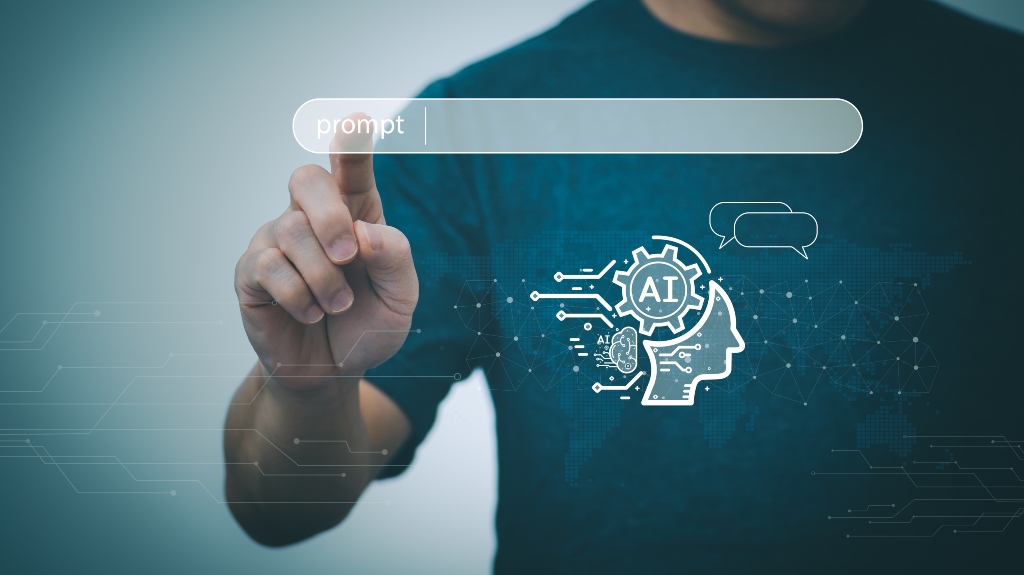Artificial intelligence (AI) is revolutionizing the workplace, transforming how companies recruit, evaluate, and manage employees. While AI promises efficiency and objectivity, it also raises significant legal and ethical concerns. Employers must be careful of potential biases created by AI use and account for it to comply with legal responsibilities.
The employment lawyers at Abney Law assist employees with discrimination issues throughout their employment. AI might have already affected your rights, and we are here to help. Schedule a consultation today.
The Role of AI in Employment Decisions
AI-powered tools are used in various employment processes, including:
- Hiring and Recruitment: AI can screen resumes, rank candidates, and even conduct automated interviews.
- Performance Evaluations: AI-driven analytics help assess employee productivity and potential for promotions.
- Workforce Management: Algorithms predict staffing needs, monitor employee behaviors, and suggest terminations.
While AI streamlines operations, it can inadvertently reinforce biases or violate employment laws if not properly implemented. Employers must account for these possibilities to avoid accidentally or intentionally violating federal and state worker protection laws. Employers that fail to properly protect their employees from the side effects associated with AI use may face legal action.
Legal Implications for Employers
Compliance with Anti-Discrimination Laws
Employers must ensure AI systems comply with federal regulations, including:
- Title VII of the Civil Rights Act: Prohibits discrimination based on race, color, religion, sex, or national origin.
- Americans with Disabilities Act (ADA): Requires accommodations for disabled employees, ensuring AI systems do not unfairly exclude them.
- Equal Employment Opportunity Commission (EEOC) Guidelines: AI tools must not create disparate impact on protected groups.
Employers should regularly audit AI models to prevent biased outcomes and avoid potential litigation.
Data Privacy and Security
AI systems often process vast amounts of personal data, making compliance with privacy laws crucial:
- The General Data Protection Regulation (GDPR) (for multinational employers): Protects employees’ data rights in EU-affiliated businesses.
- The California Consumer Privacy Act (CCPA): Gives employees control over their personal data and restricts unauthorized AI processing.
Employers should implement robust security measures and transparency policies to safeguard employee information.
Accountability
Automated decisions must be transparent. Employers may face legal challenges if employees cannot understand how AI systems evaluate or reject them. Maintaining human oversight and providing reasoning behind AI-driven decisions can mitigate risks.
Legal Implications for Employees
Bias and Fairness in AI Decisions
Employees should be aware of AI-related discrimination risks. If AI systems unfairly exclude candidates based on race, gender, or disability, employees have the right to challenge employment decisions under anti-discrimination laws.
This is especially prevalent when employers utilize AI in hiring and evaluation processes. AI may discriminate against certain groups based on the data fed to it or make decisions based upon improper factors. For example, a pregnant person does not have to disclose they are pregnant, but may do so in a cover letter. An AI may determine this makes the employee less desirable and not hire them, potentially violating that applicant’s legal rights.
Right to Human Oversight
Regulations increasingly advocate for human involvement in AI-driven decisions. Employees should request manual review if they suspect unfair treatment by automated hiring or performance evaluation systems.
Protection of Personal Data
Employees must be vigilant about how their personal information is processed. They can exercise their rights under state and federal privacy laws to request access, corrections, or deletion of AI-collected data.

Best Practices for Employers Implementing AI
To mitigate risks, employers should:
- Conduct Bias Audits: Regularly assess AI algorithms for discrimination.
- Ensure Transparency: Clearly communicate AI decision-making processes.
- Maintain Human Oversight: Avoid full automation by incorporating human review.
- Comply with Privacy Laws: Secure employee data and uphold transparency.
Protect Your Employee Rights in an Increasingly AI-Driven Workplace
AI in employment decisions presents significant advantages but also requires careful legal navigation. Employers must balance efficiency with compliance, while employees should remain informed about their rights. If an employee faces discrimination because of AI use, they may have the right to file a discrimination or other legal claim against their employer.
Let the experienced employment discrimination attorneys at Abney Law review your case. Contact us today for a consultation.


